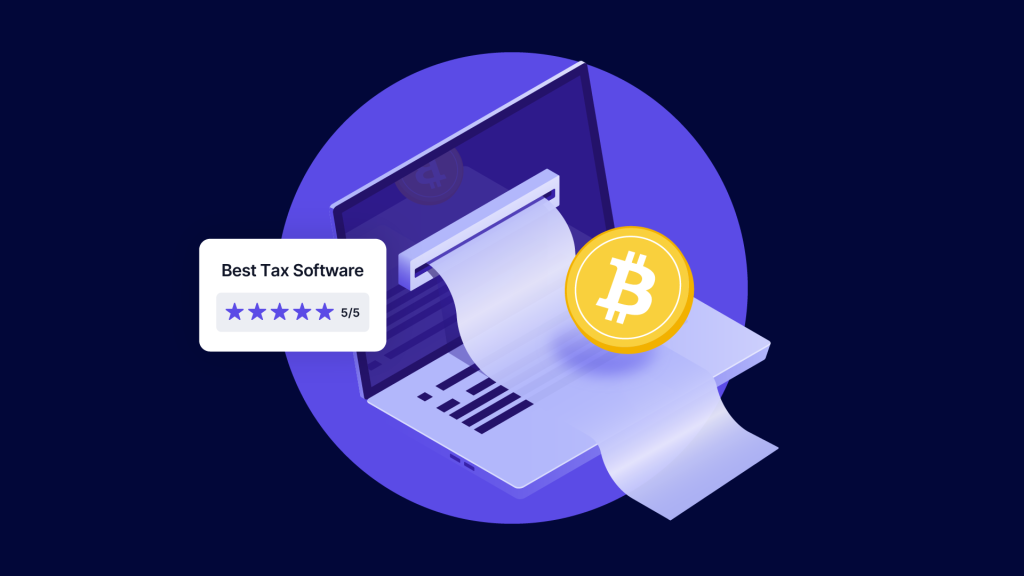The accounting of cryptocurrency, based on how the entity acquired this asset is vital. If the mining, buying or selling is considered as part of a pastime or hobby, then the gains and losses must be recognised at the lower of cost and net realisable value.
They should treat it like any other investment, realising any gains or losses as they occur, as well as reporting it at fair value and separate from its purchase price.
Taxes
Crypto tax is trending up with the rise of such cryptoassets. It becomes particularly challenging because crypto transactions may occur through multiple exchanges and wallets, both centralised and decentralised. They also might involve many DeFi protocols (trading, staking, lending, mining yield farming etc) with each working completely distinct from the rest and tradfi (traditional financial intermediaries). This makes it another big mess when it comes to reporting these trades for tax.
The relief for academics researching cryptocurrencies is that a certain amount of diversity exists. Some fairly claim to treat cryptocurrency assets like financial, others to keep and update them in the books as inventory instead of cash equivalents. As a consequence, tax implications in cryptocurrencies accounting will – education permitting – be of the utmost importance. We asked Brazilian accounting professors, specialising in cryptocurrency accounting, what these consequences could be and reached the common opinion that cryptocurrencies should be viewed, for accounting purposes, as financial instruments, to be measured at fair values before and after. An extensive construction of accounting cryptocurrencies requires a lot more work than what we have been able to present by now.
Accounting
So while cryptocurrencies can be intangible, subject to swings in valuations and have no substance themselves, accounting for them is possible and appropriate – to avoid fraudulent accounting practices but also earnings management.
Monitoring accounting processes with an eye to otherwise preventable risks of pilfering or hacking can be more important here. This could be especially beneficial to businesses that use cryptocurrency to pay employees and suppliers.
Cryptos – being decentralised assets – present the finance function with several new obstacles and the regulatory landscape will undoubtedly continue to evolve quickly. Cryptos are more likely to be classed as noncurrent assets and therefore won’t appear on the financial statements until they’re realised. This could have major implications for the preparation or reporting of tax liabilities. A product in inventory, for instance, will report fluctuations in value through the P&L.
Valuation
Cryptocurrencies have taken off because they empower people to transfer ownership of a representation of value directly from one to another, without the intermediation of an institution like a bank or money-monopoly. Cryptocurrencies of course function both as mediums of exchange (like cash) and as investment assets.
Due to their huge price volatility, cryptocurrencies bring unprecedented difficulties to the task of valuing and recording transactions. Volume per transaction second is high, computational load is enormous, and special computer software is required for their handling.
This study makes use of the Delphi technique to elicit views from a group of Brazilian accounting professors on the treatment of cryptocurrency from an accounting perspective. The level of response reveals that current normative environment requires an update for it to be dependable for the purpose of recognising, measuring and disclosing cryptocurrency assets.
They concluded that, when a coin-keeper possesses cryptocurrency that will be sold in the normal course of business, the held cryptocurrency assets are to be reported as inventory at fair value less costs to sell (consistent with IAS 2 guidelines on inventories).
Regulation
Regulators are faced with novel challenges where digital assets are yet to be defined. Which jurisdictions are more adept at dealing with the defining challenges? A small number of jurisdictions are defining the crypto asset category, while the majority are keeping it relatively open-ended, waiting for the industry to mature before taking any next steps.
Spot crypto investors do not enjoy the protections of securities and commodities laws that oversight other financial products, and crypto exchanges and marketplaces lack reserve requirements that protect customer funds against company failures that might otherwise leave customers’ cash at risk (as has happened with multiple crypto firms that have failed, leaving investors’ digital assets and cash into the ether with little recourse or means of protection).
Regulation is now beginning to beget more regulation: a study of bitcoin trading recently showed that coins listed on exchanges with known identity create more efficient markets than those without; and a proposed law in New York would require companies soliciting investors’ funds to register before they take any money.




